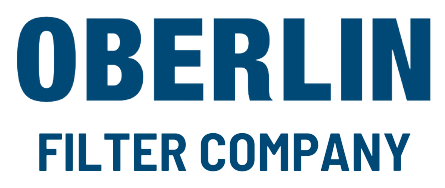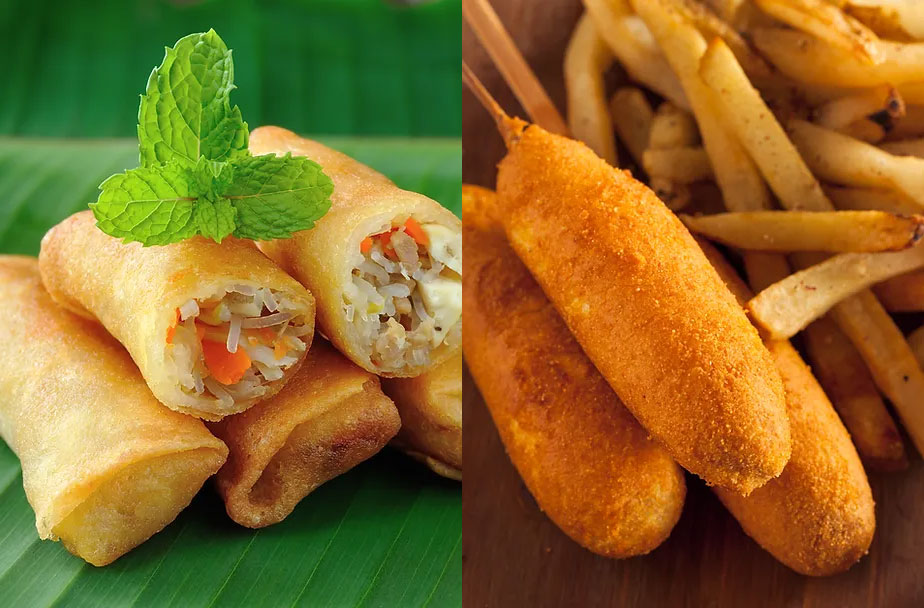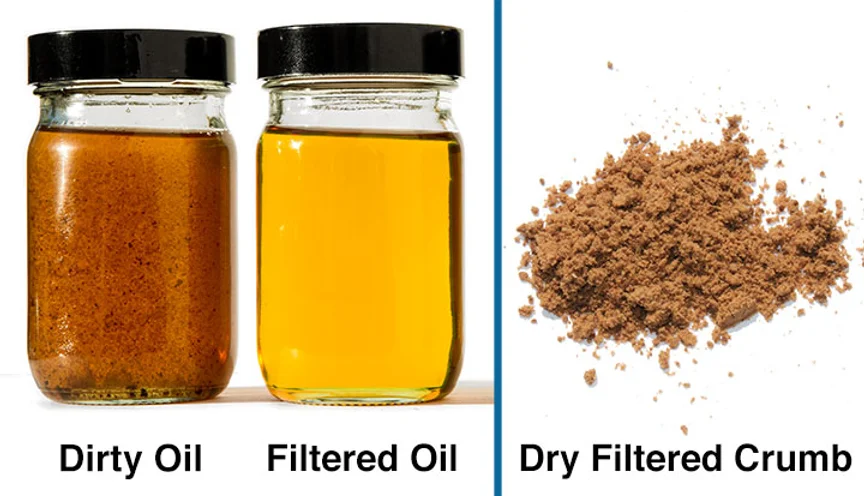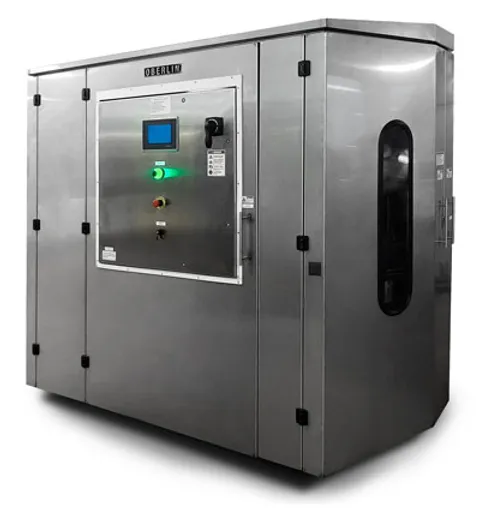Frequently Asked Questions
How does hot oil filtration improve food quality?
Hot oil filtration improves food quality by removing fine particles and impurities, maintaining oil cleanliness, and extending the usable life of the oil, resulting in better-tasting and higher-quality fried food products.
What are the advantages of using automated filtration systems in food processing?
The advantages of using automated filtration systems in food processing include consistent oil quality, reduced operating costs, and enhanced food product quality. Automated systems efficiently remove fine particles to maintain clean oil, minimize oil waste, and improve the overall frying process.
How can filtration technology reduce oil waste in frying processes?
Filtration technology can reduce oil waste in frying processes by removing fine food particles and impurities, allowing the oil to be reused more times before disposal, thereby minimizing the amount of oil waste generated.
How does filtration enhance fried food texture?
Filtration enhances fried food texture by removing impurities and fine particles from the cooking oil, preventing oil degradation and maintaining consistent frying temperatures, resulting in crisp and evenly cooked fried foods.
What maintenance is required for filtration systems?
The maintenance required for filtration systems typically includes regular cleaning and replacement of filter elements to ensure optimal performance and extended service life.
Can filtration systems extend oil lifespan?
Yes, filtration systems can extend the lifespan of cooking oil by removing impurities and contaminants that accelerate oil degradation, thereby maintaining optimal oil quality for longer periods.
How does oil quality affect food flavor?
The quality of the oil used for frying can significantly impact the flavor of the fried food. High-quality, fresh oil retains its neutral flavor and helps preserve the natural taste of the food. Conversely, poor-quality or degraded oil can impart undesirable flavors, affecting the overall taste of the final product.
What contaminants can filtration remove from oil?
Filtration can remove a variety of contaminants from oil, including fine particles, sediments, and impurities that can negatively impact oil quality and equipment performance.
What is the cost-effectiveness of filtration technology?
The cost-effectiveness of Oberlin's filtration technology is achieved through reduced oil disposal costs, extended oil life, and improved product quality, leading to overall operational efficiency and cost savings for food processing businesses.
How does filtration impact food safety standards?
Proper filtration of hot oil used in food processing helps maintain food safety standards by removing contaminants and ensuring consistent oil quality, which in turn preserves the integrity and taste of fried foods.
What types of filters are best for frying oil?
The best types of filters for frying oil are Oberlin automated pressure filtration systems that can effectively remove fine particles and impurities to maintain clean oil, enhance food quality, and minimize oil disposal costs.
What are the environmental benefits of oil filtration?
The environmental benefits of oil filtration include reduced waste oil disposal, lower energy consumption, and improved resource efficiency. Automated filtration systems help extend the usable life of frying oil, minimizing the environmental impact of frequent oil replacement.
How does filtration technology work in food processing?
Filtration technology in food processing involves the removal of impurities and contaminants from cooking oils and fats to maintain quality, extend oil life, and improve food taste and appearance.
What is the role of filtration in reducing oil costs?
Filtration plays a crucial role in reducing oil costs by extending the usable life of cooking oil. Automated filtration systems remove impurities and food particles, maintaining oil quality and minimizing the need for frequent oil changes.
How can filtration systems prevent oil degradation?
Filtration systems prevent oil degradation by removing impurities and extending the usable life of the oil. The filtration process helps maintain oil quality, reducing the need for frequent oil changes and minimizing costs associated with oil disposal.
What are common issues with unfiltered frying oil?
Common issues with unfiltered frying oil include decreased oil quality, increased food contamination, faster oil degradation, and higher operating costs due to more frequent oil changes.
How does filtration affect the nutritional value of food?
Proper oil filtration can help preserve the nutritional value of fried foods by removing impurities and extending the usable life of the cooking oil, thereby reducing the breakdown of beneficial nutrients.
What innovations exist in hot oil filtration?
Innovative hot oil filtration systems incorporate automated pressure filtration technology to efficiently remove fine particles and maintain high-quality cooking oil, minimizing waste and improving food processing operations.
How can filtration systems be integrated into existing industrial food processing plants?
Filtration systems can be seamlessly integrated into existing industrial food processing plants through retrofitting and modular installation, allowing for a hassle-free upgrade without disrupting ongoing operations.
What training is needed for using filtration systems?
Using Oberlin Filter's filtration systems requires basic training on operating the automated controls and maintenance procedures. The training covers system startup, filter change-outs, and monitoring performance to ensure optimal oil quality and frying efficiency.
How does filtration technology comply with health regulations?
Filtration technology helps maintain food safety by consistently removing fine particulates, impurities, and contaminants from frying oils, ensuring compliance with health regulations and producing high-quality fried foods.
What are the best practices for oil filtration?
The best practices for oil filtration include regularly filtering the oil to remove impurities, maintaining proper oil temperature, and using an automated filtration system like an Oberlin Filter to ensure consistent oil quality and extended oil life.
How can filtration systems improve food consistency?
Filtration systems can improve food consistency by removing fine particles and contaminants from the frying oil, ensuring consistent food quality, texture, and flavor throughout the production process.
What is the lifespan of an Oberlin filtration system?
The lifespan of an Oberlin Filter system can range from 10 to 30+ years with proper maintenance and care, providing long-term reliability and efficiency for your hot oil filtration needs.
How does filtration technology adapt to different foods?
Oberlin Filter's advanced filtration technology can be customized to adapt to the unique properties and requirements of different food products, ensuring optimal oil quality and consistency across a variety of fried food applications.
What are the challenges of implementing filtration systems?
The challenges of implementing filtration systems may include the initial investment cost, the need for regular maintenance, and ensuring the system is properly sized to handle the specific filtration requirements of the application. The ROI on an Oberlin Filter for example may end up paying for itself in just months.
How can filtration systems reduce frying off taste and colors?
Filtration systems can reduce frying off taste and colors by efficiently removing fine food particles and impurities from the cooking oil, maintaining its quality and extending its usable life.
What feedback do manufacturers have on filtration systems?
Manufacturers often praise the enhanced efficiency and oil quality achieved through Oberlin Filter's automated hot oil filtration systems, which help reduce waste and maintain consistent food quality.




